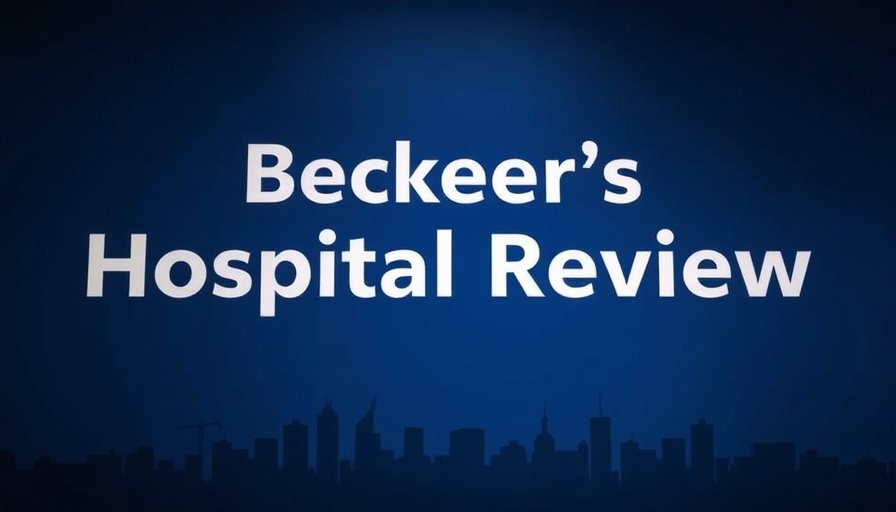
ECU Health's Vision: Transforming Healthcare in Rural North Carolina
ECU Health's recent public hearing in Greenville, North Carolina, unveiled an ambitious $220 million capital proposal aimed at rejuvenating healthcare access in rural areas. The health system's plans not only include reopening a shuttered facility but also expanding its existing Beaufort campus, showcasing a commitment to enhance local health resources and outpatient services.
Revitalizing a Community Asset
One of the key highlights of this proposal is the plan to convert the former Martin General Hospital in Williamston into North Carolina's first rural emergency hospital. Shuttered since August 2023 and facing bankruptcy, this facility is designed to cater to the urgent care needs of residents in and around Martin County. By utilizing the existing infrastructure, ECU Health aims to swiftly address community health needs while seeking $70 million in state funding to create a more permanent solution that expands outpatient services.
Expanding Inpatient Capacity: A Crucial Need
With the growing population in rural regions, the demand for hospital beds and inpatient services has never been greater. As part of its proposal, ECU Health is requesting an impressive $150 million to grow inpatient capacity at the Beaufort Hospital in Washington, N.C. This expansion is vital for enhancing patient care and ensuring timely access to necessary medical services. Independent physicians and medical practitioners will greatly benefit from improved facilities, allowing for seamless patient management and timely interventions.
Healthcare Funding Strategies: A Step Forward
Expanding access to quality healthcare hinges on robust financial strategies. As ECU Health looks towards state funds for new facilities, it draws attention to larger discussions around Medicare reimbursement and the financial viability of rural healthcare initiatives. Collaborations with local authorities and state programs can pave the way for innovative solutions, ensuring that vital services remain accessible to elderly and underserved populations.
The Ripple Effect on Rural Communities
The resurgence of the Martin General Hospital not only signifies improved healthcare access but also acts as a catalyst for community growth and stability. It is well understood among healthcare professionals that when local hospitals thrive, the entire community benefits — from enhanced public health outcomes to the strengthening of local economies. Increased access to healthcare can lead to better patient engagement and retention of medical staff, thus reinforcing the importance of maintaining robust healthcare networks in rural areas.
Future Trends: Embracing Innovation in Rural Healthcare
Looking ahead, the integration of healthcare automation technologies such as voice AI agents and practice automation tools could further maximize efficiency in service delivery. For instance, remote therapeutic monitoring (RTM) programs are crucial for improving patient management and ensuring better health outcomes, particularly for seniors. As health systems increasingly adopt innovative solutions, the importance of training healthcare staff in these technologies becomes evident, aligning their skills with the demands of modern health practices.
Call to Action: Be Part of the Change
As stakeholders in the healthcare system — whether independent practitioners, community pharmacists, or healthcare administrators — your voices matter. Engaging in dialogues surrounding these proposals and advocating for accessible patient care can drive meaningful progress. Together, let’s shape a healthcare landscape that supports and uplifts our rural communities.
 Add Row
Add Row  Add
Add 




Write A Comment